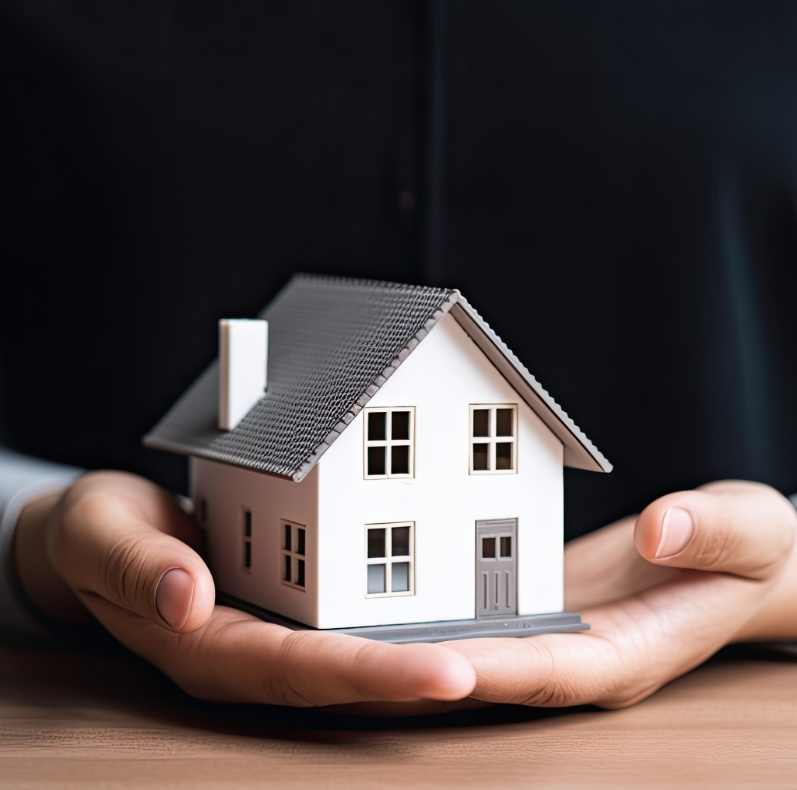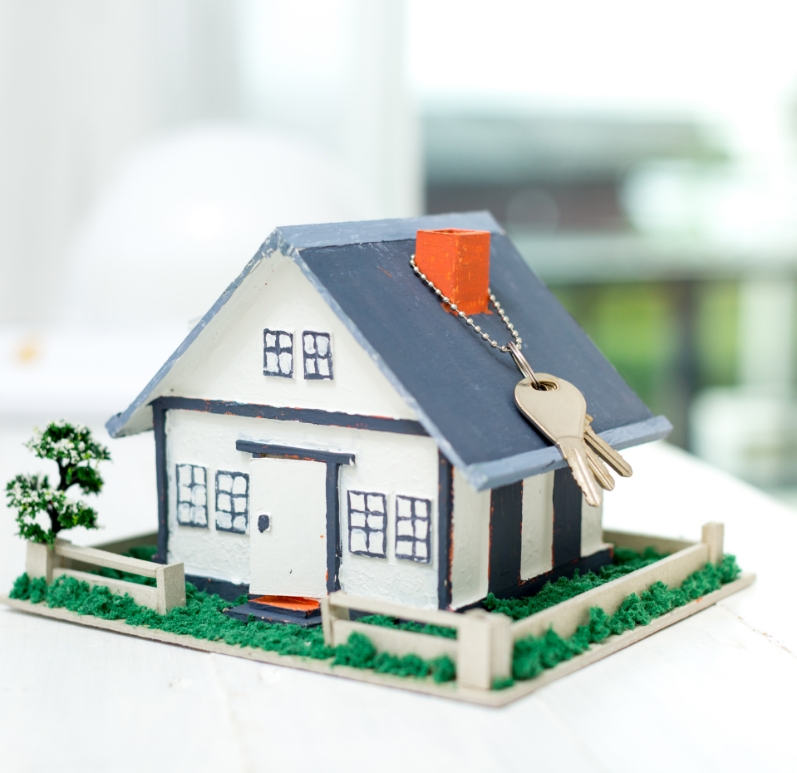- Home
- Valuation and Advisory
- Residential Valuation
Expert Home Valuation & Residential Real Estate Valuation: Making Informed Property Decisions You Can Live With
Need a reliable home valuation in Singapore? Our expert residential property valuation helps you make informed decisions for selling, buying or investing] in this section.

Unlocking The True Value Of Your Home: Why Home And Residential Real Estate Valuations Are Important
Residential real estate valuation is the process of determining the current market value of a home based on factors such as location, size, condition, and recent sales of comparable properties. This helps to assess what a property is worth in today’s market.
You need a home valuation if you want to be sure that you’re making sound financial decisions, be it buying, selling, or refinancing. It helps sellers to price competitively, buyers to avoid overpaying, and lenders to approve mortgages based on accurate property worth. Valuations are also essential for taxation and legal purposes.
Understanding Home Valuation:
Key Factors That Determine Your Property’s Worth
Home valuation is the process of determining the market value of a property based on factors such as location, size, condition, and recent sales of similar properties. In Singapore, the Direct Comparison Method is the most commonly used approach, comparing recent transactions of similar homes to estimate value.
For non-landed properties, key factors include floor area, location, and nearby amenities, while landed properties are assessed primarily on land size and building condition. Other considerations such as rental income potential, maintenance costs, and overall market trends also play a role in shaping a property’s valuation.
By understanding these factors, you can make informed decisions when buying, selling, or refinancing your home.
Direct Comparison Method
This method evaluates your property by comparing it to recent sales of similar properties. For non-landed properties, factors like floor area, location, and facilities are considered. Landed property valuations focus more on land size, location, and condition of the building.
Additional factors include the property’s age, condition, and amenities, all of which can affect the final valuation.
By understanding these methods, you’ll be better prepared to assess the value of your home and make better, more informed decisions in your real estate transactions.

There are several factors in home valuation to take note of. Vacancy rates and rental income projections help in assessing the potential earnings of your property. Additionally, operating expenses like maintenance and management fees should be factored in to get an accurate picture of net income. Lastly, analysing comparable properties in the area, or “comps”, also provides valuable insights into market trends, helping you to set a realistic price for your home.
By understanding these basic methods and factors, you’ll be on your way towards determining the value of your home and making better investment choices in no time.
The Secret To Smart Property Decisions:
Mastering Residential Real Estate Valuation


How Is Residential Valuation Carried Out?
Home valuation is essential for both buyers and sellers to determine the true worth of a property. Knowing the market value helps in setting the right price and making informed decisions.
Valuation is crucial for various stakeholders—buyers use it to avoid overpaying for a property, sellers use it to price their homes competitively, and banks rely on valuation reports to manage financing. A professional appraisal ensures that all parties have a clear understanding of the property’s fair market value.
The process of a formal home valuation starts with a thorough on-site inspection by a valuer. The valuer will assess the property’s interior, including built-in features and fittings. For properties without floor plans, measurements will be taken to estimate the size. The orientation and view of the property also play a role in its value.
Afterwards, the valuer will examine recent sales of similar properties in the area, in a method known as the Comparison Method, and come up with an estimation of the property’s value. Adjustments are made based on differences in features, location, and condition.
The valuer will compile their findings in a valuation report, which contain details like a description of the property; comparables data; and an estimated market value, before proceeding to give it a final review. This report will then be used for various purposes like buying or selling the property, or legal matters.
Understanding the residential real estate valuation process will help you to make informed decisions across various scenarios.
Why Every Property Deal Needs A Residential Real Estate Valuation: Key Benefits Revealed
Still think a residential real estate valuation is just about numbers? Think again, as it’s actually an immensely powerful tool that can influence various aspects of buying, selling, and financing properties.

Optimal Funding
Financial institutions rely on detailed property valuations to determine the loan amount they can offer. In Singapore’s market, where cooling measures impact loan-to-value (LTV) ratios, having an accurate valuation will ensure that you receive the correct funding for your property purchase.

Effective Financing
Banks and lenders use valuation reports to assess the value of a property before approving mortgages or loans. An accurate valuation ensures that the financing is based on a realistic property value, which reduces the risk for both the lender and the borrower.

Accurate Pricing
A professional valuation helps prevent unfair pricing on both ends of the transaction, ensuring that buyers do not overpay, and sellers price their property competitively. With accurate pricing, you’ll be able to protect your interests and make informed financial decisions.

Good Market Understanding
A valuation will equip you with all the information you need about Singapore’s real stake market, including trends and comparables. With this insight, whether you’re buying, selling, or investing, you’ll remain on the ball and be able to make more strategic decisions.

Enhanced Negotiation Leverage
Having a detailed valuation report on hand can strengthen your position while negotiating. Buyers can use the valuation to argue for a fair price, while sellers can justify their asking price with solid evidence of the property’s value. Most importantly, it helps to reduce conflicts and expedite the closing of deals.
Hidden Factors That Could Decrease Your Property's Value: What To Watch Out For In Home Valuation

How Location, Condition, And Design Impact Residential Real Estate Valuation
When it comes to home valuation, you may not have realised that there are several factors—not just location—that can significantly affect the market value of your property and cause it to fall.
The age of your property, its land tenure, and even its floor level can impact its value. For instance, an older property might not fetch as high a price compared to newer ones with modern finishes. Likewise, a property on a higher floor might be valued differently than one on a lower level, depending on the view and lighting conditions.
Renovations play a crucial role. You may think that extensive renovations will automatically cause the value of a property to go up. That’s not always the case, as interior design preferences are subjective. As trends come and go, and certain styles become outdated, a renovated property may end up losing more of its value.
Unsurprisingly, the condition of the property is also vital. A well-maintained home will naturally retain its value better than one that has fallen into disrepair. During a residential real estate valuation, various factors such as the state of finishes, fittings, and overall upkeep will all be taken into account.
When a valuer assesses your property, they also consider specific factors like the size and usage of private enclosed spaces, balconies, and rooftop terraces. These areas, regarded as non-liveable, are often valued at a discounted rate. Orientation and views from the property also affect valuation; for example, properties with undesirable or little to no views will have a lower value.

Frequently Asked Questions
What is a home valuation, and why is it important?
A home valuation determines the fair market value of a property based on location, size, condition, and recent transactions. It is essential for buyers, sellers, and lenders to ensure accurate pricing, financing, and investment decisions.
How is a home valuation conducted in Singapore?
Most residential properties are valued using the Direct Comparison Method, which compares your property with recent sales of similar homes. Other methods, such as income or cost approaches, may be used for unique properties.
How often should I check my property value?
That depends on your situation. If you’re planning to sell, refinance, or apply for a loan, it’s wise to reassess your property value to reflect current market trends. Property prices can shift with the times, so keeping your valuation up to date ensures you’re always working with the most accurate figure.
Can renovations increase my home’s valuation?
Yes, but not always. While well-maintained properties may retain higher values, not all renovations add to a property’s worth. Market trends and buyer preferences also impact valuation outcomes.
How long does a home valuation take?
A home valuation typically takes a few days to a week, depending on the property type and complexity. The final valuation report provides detailed insights into your home’s market value.
Copyright © 2024 CKS Property Consultants Pte Ltd


